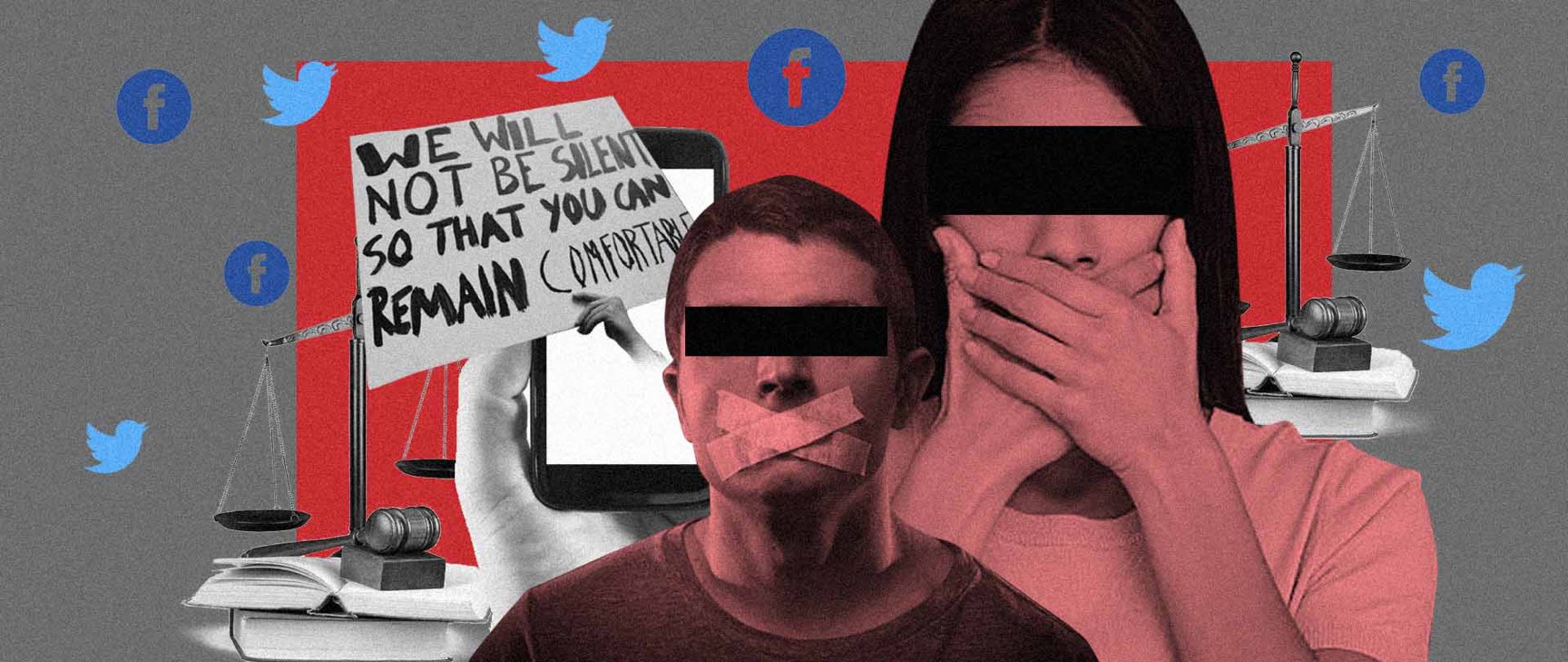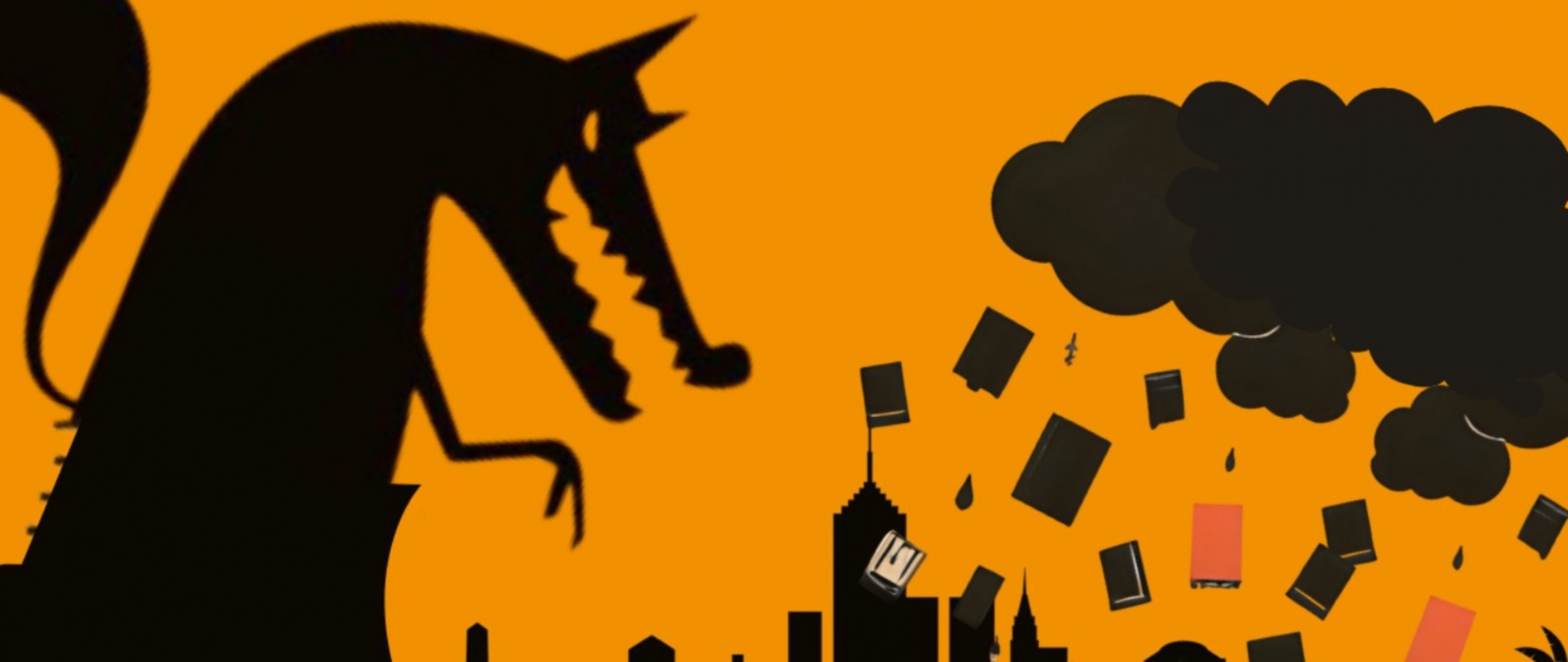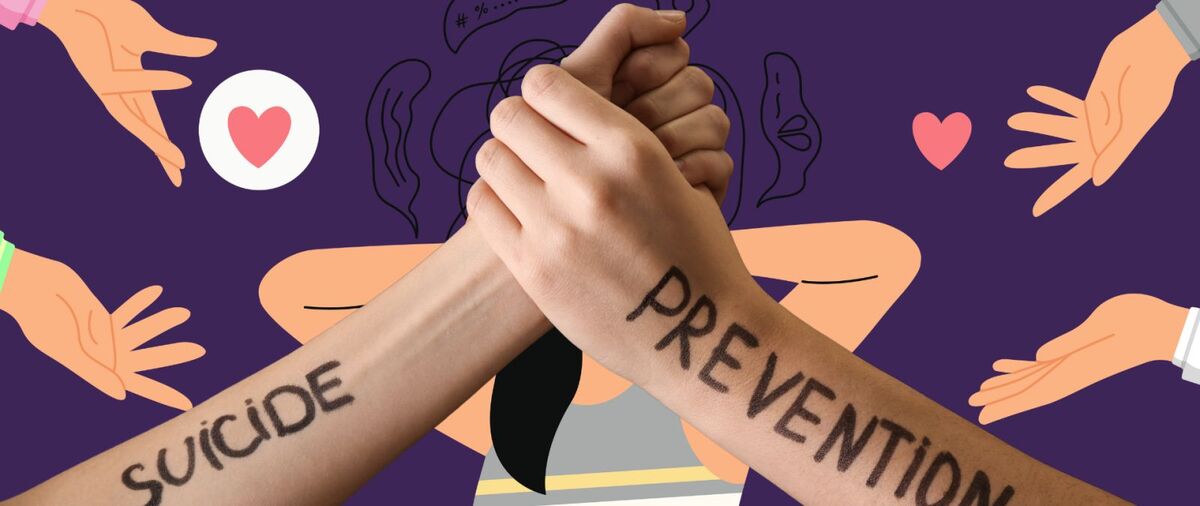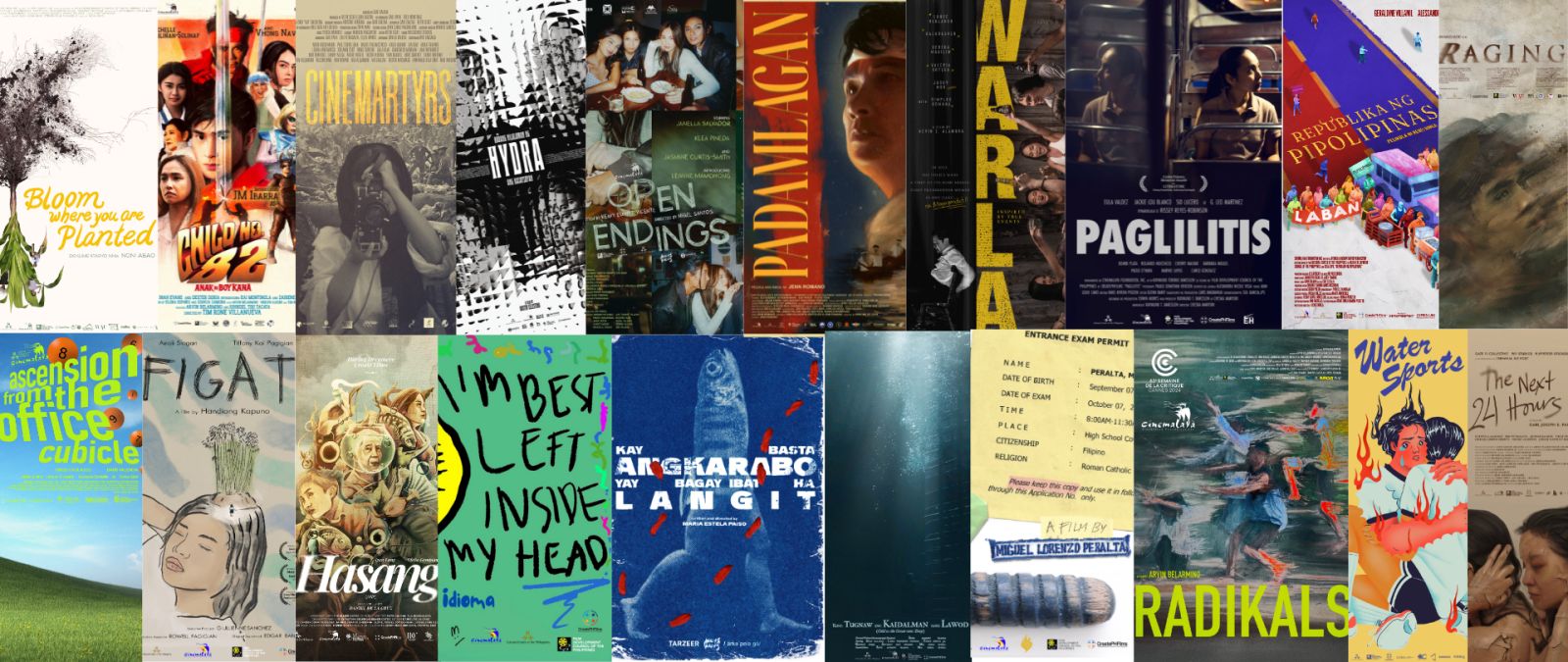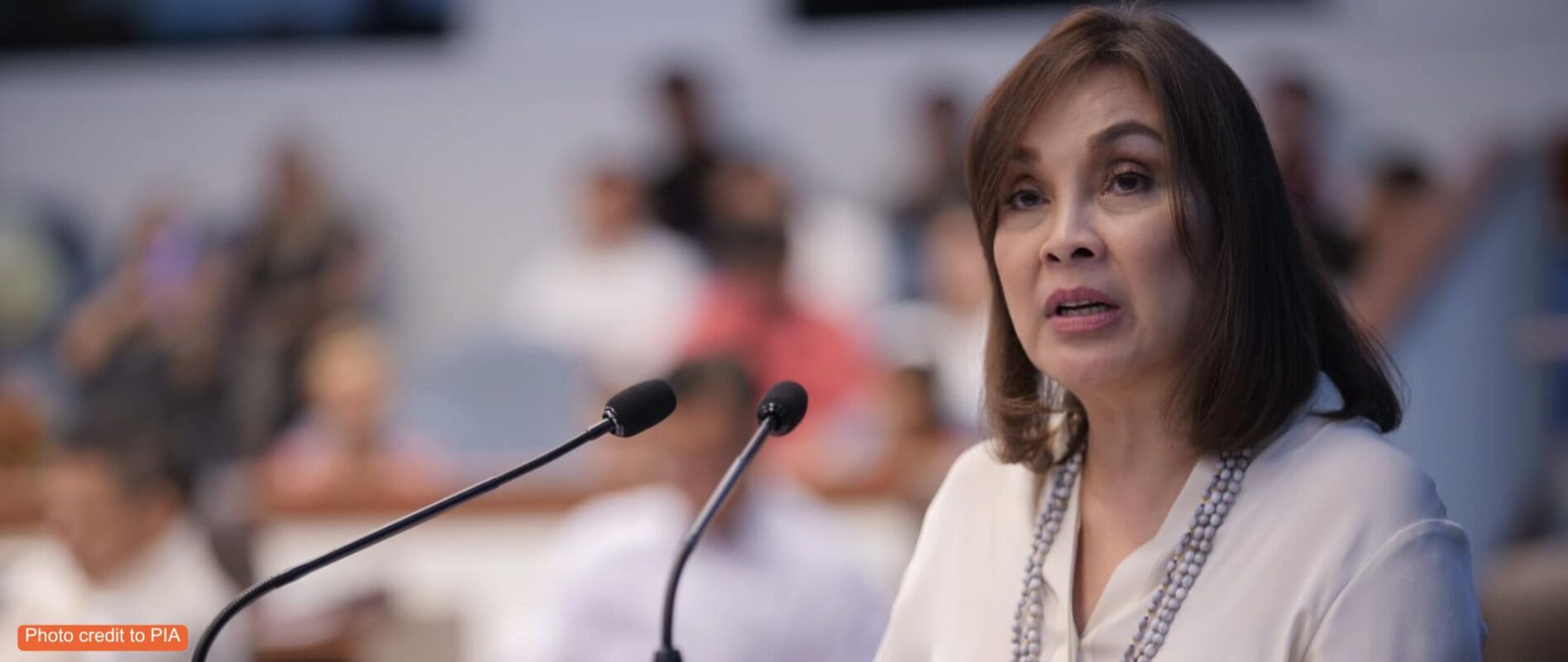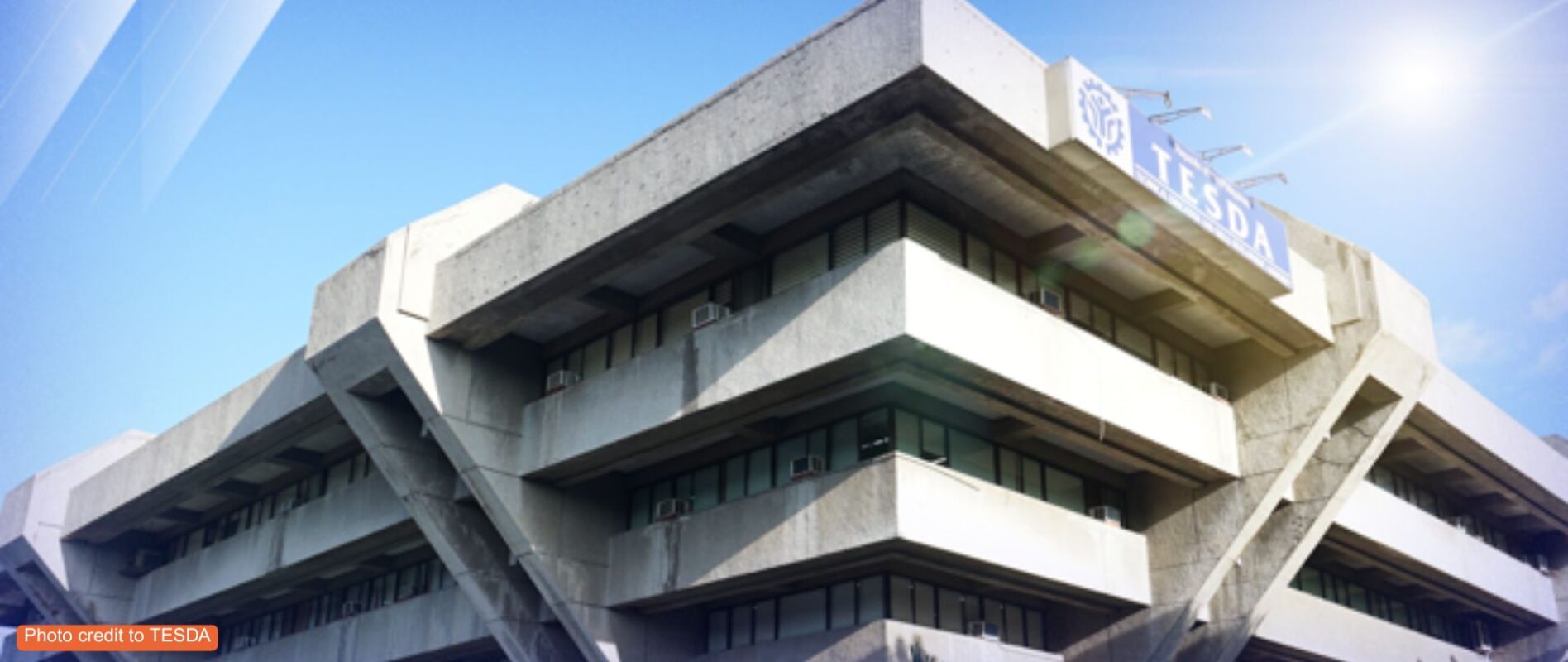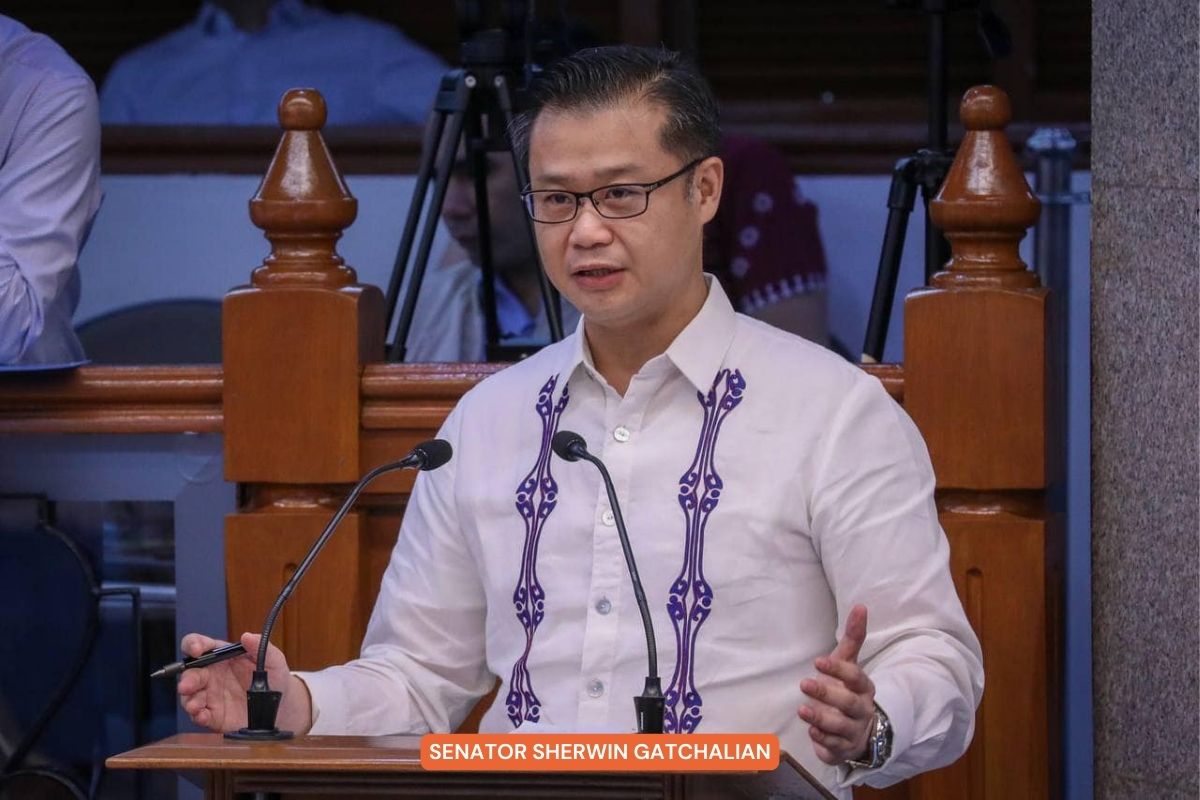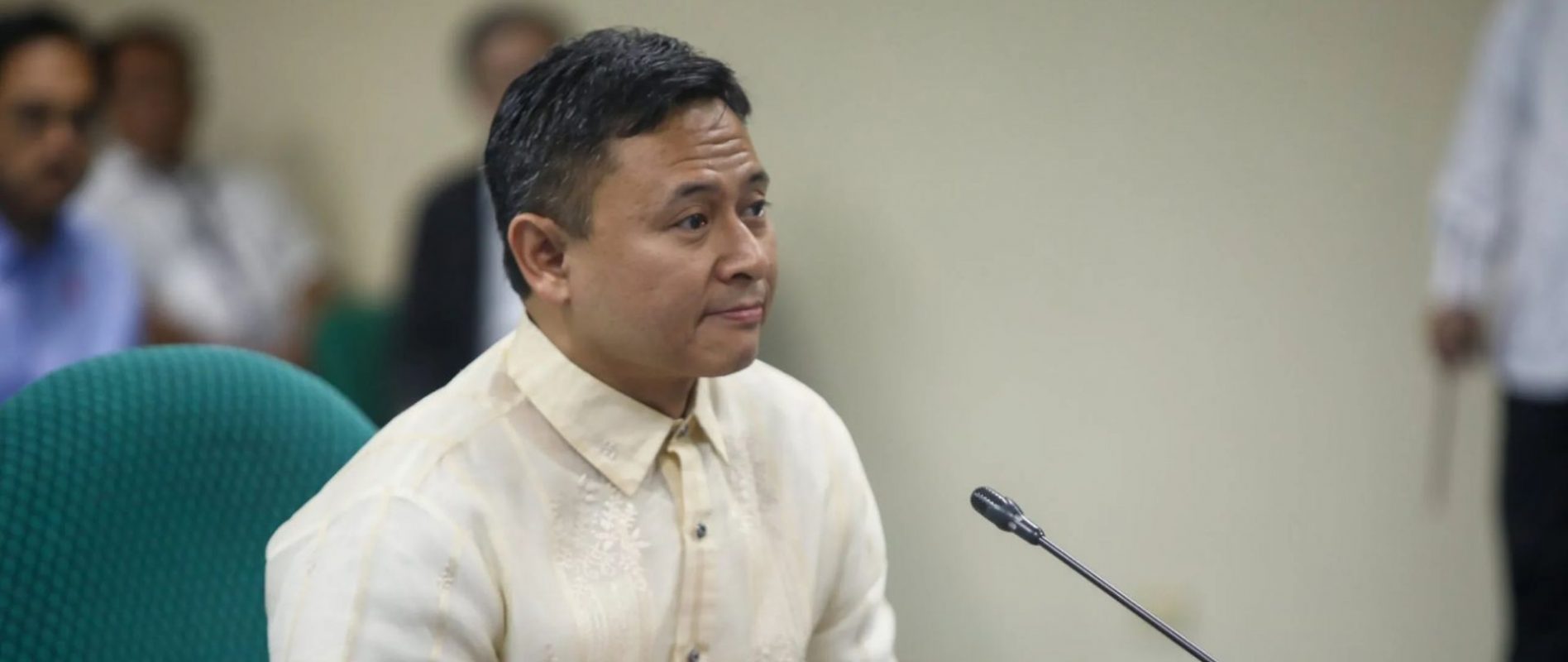WHAT IS CYBERLIBEL AND WHY DO WE NEED TO TAKE IT SERIOUSLY IN THE DIGITAL WORLD?
Truth of the matter is, in journalism, or in life, in general, there is no absolute freedom. Atty. Renfred Tan tells us how to find balance between freedom of speech and ( intentional and even unintentional) defamation.
“We cannot just talk about everything that comes in mind without respecting or acknowledging others’ rights not to be defamed. Hindi dapat masagasaan ang karapatan ng iba.”
For Atty. Renfred Tan, it is only right for the Filipino people to find balance between enjoying their freedom of speech, and looking out for the rights of others in order to be protected from defamation, in whichever form it comes.
Defamation, in the simplest sense, is the oral or written communication of a false statement against another that unjustly harms their reputation and usually constitutes a crime. In the modern age, defamation has evolved and it often comes in phrases you read or type online. This is why in 2012, the Republic Act 10175, or the Cybercrime Law, was passed to criminalize libel committed through a computer system.
The punishment for people who commit “cyberlibel” ranges from prision correccional in its minimum period, (which is from six months and one day to two years and four months) and medium period, (which is from two years, four months and one day to four years and two months). People who commit the said crime may also be subjected to pay a fine ranging from P200 to P6,000 or both.
“I would like to say that cyberlibel, as a term, is sort of misnomer, because wala naman talagang cyberlibel to begin with sa batas,” Atty. Tan said during The POST PH’s lecture series with Laguna State Polytechnic University (LSPU).
“Libel, as a felony, ay matagal na pong mayroon, which is based under our revised penal code. What happened in 2012 is that congress came up with another law,” he added.
Atty. Tan presented data which states that of the 107.3 population of the Philippines, 76 million are internet users and active social media users. The report also showed that an average person spends at least 10 hours and two minutes on the internet, and four hours, 12 minutes on social media.
“So almost half of our day is spent on the internet or social media; with a single click of a button, we can consume and provide information,” he said.With this, people who use the internet must be made aware of their social responsibilities.
Atty. Tan has given the following tips to practice the freedom of speech responsibly:
- Think before you post. There’s no doubt that our freedom of speech is guaranteed. But its exercise is not without limits.
- Do not rely on unfounded rumors or shady anonymous sources.
- Think twice, ten times, before posting something negative about another person. If in doubt, do not do it.
“The goal is to find that balance between the exercise of our freedoms and the law on defamation kasi ‘yung freedom that we have is not absolute–we cannot just say whatever we want, there are limits to the exercise of our freedom,” he stressed.

